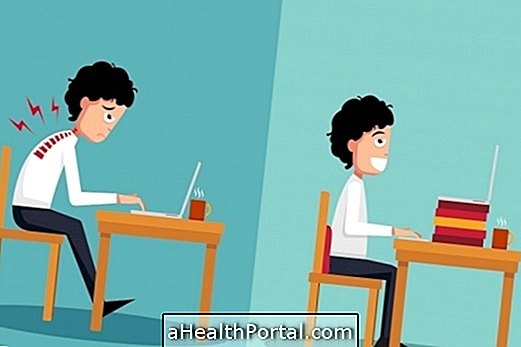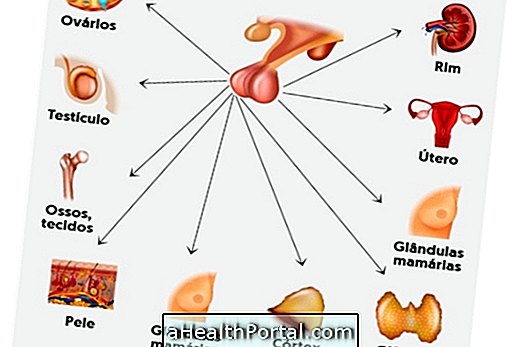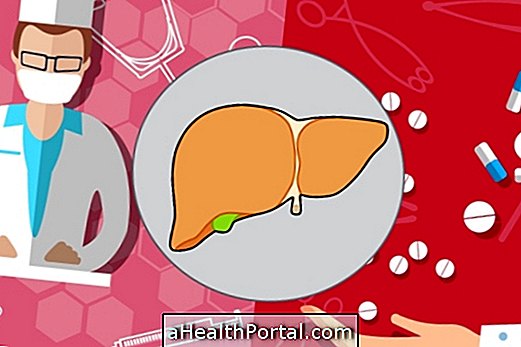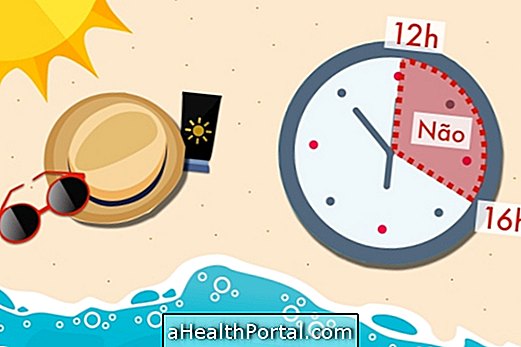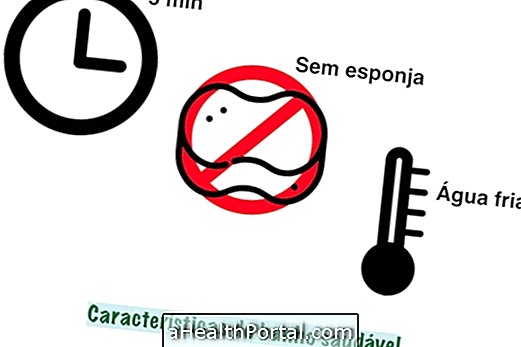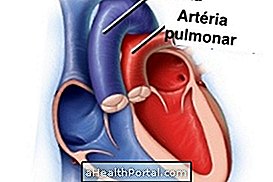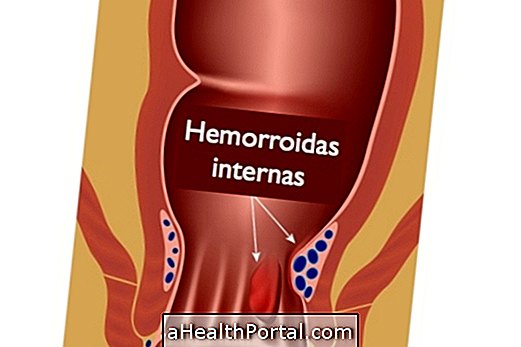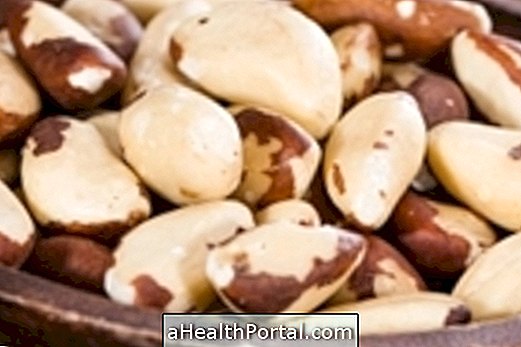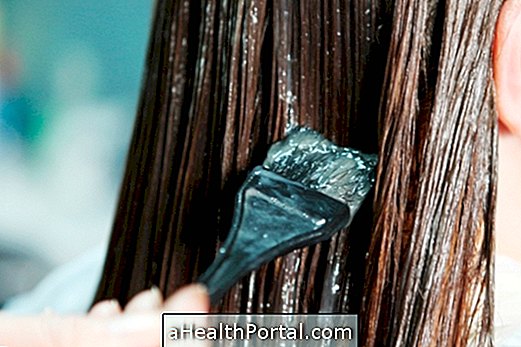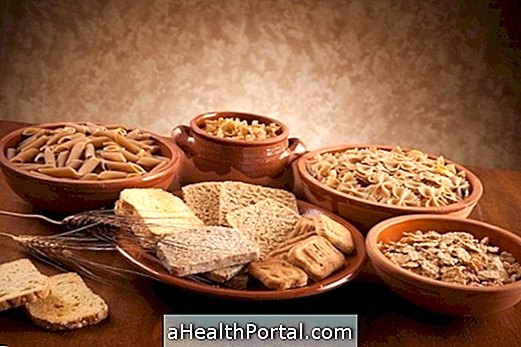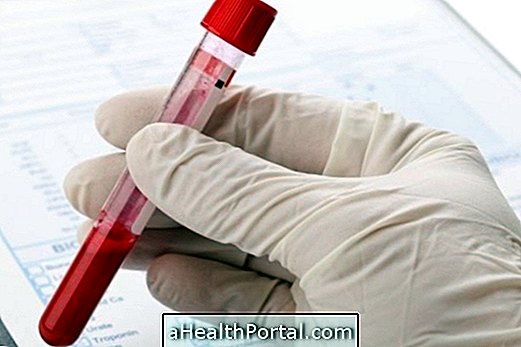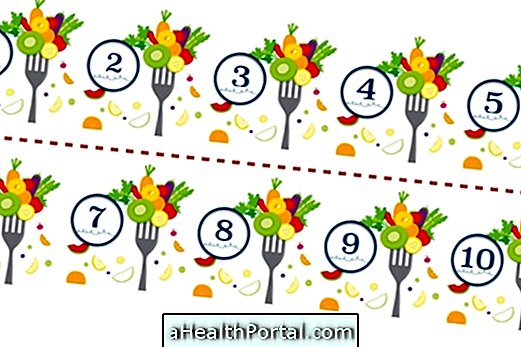Treatment of acute renal failure can be done with adequate food, medicines, and in more severe cases when the kidney is severely compromised, hemodialysis may be necessary to filter the blood or even perform a kidney transplant.
In kidney failure, the kidneys are no longer able to filter the blood, causing an accumulation of toxic substances in the body. In acute renal failure there is a decrease in kidney capacity whereas in chronic renal failure the loss of this kidney function occurs progressively.
Thus, the treatment should be indicated by the doctor, because it depends on the evolution of the disease, age and the state of health of the individual.
How to treat acute kidney failure
Generally the treatment of acute renal failure can be done with:
- Diuretic and antihypertensive drugs prescribed by the nephrologist;
- Special diet indicated by nutritionist with decreased consumption of foods with salt, protein, potassium, calcium and phosphorus and increased water intake.
It is important to take the treatment correctly because acute renal failure is reversible, but when this does not happen, it may progress to chronic kidney failure.
How To Treat Chronic Kidney Failure
For the treatment of chronic renal failure the nephrologist can indicate besides the medications and the feeding, hemodialysis sessions or peritoneal dialysis that are two techniques that filter the blood. Kidney transplantation, in these cases, is a solution, but it is only used as a last resort. See: Kidney transplantation.
Feeding for kidney failure
The diet for kidney failure aims to decrease the consumption of foods rich in salt, potassium, protein, calcium and phosphorus from the patient's diet and increase water intake. The patient should:
- Avoid salt-rich foods like: sausage, ham and sausages;
- Replace the salt with lemon, vinegar or herbs;
- Avoid consumption of soft drinks;
- Moderate or avoid consumption of high protein foods such as eggs, fish and meat;
- Avoid foods rich in potassium such as banana, tomato, pumpkin, meat, potatoes and beans;
- Avoid foods rich in calcium and phosphorus like those derived from milk, eggs, vegetables and cereals.
The nutritional treatment of renal insufficiency should be indicated by a nutritionist. Watch the video of our nutritionist to know what they can eat and some tricks to cook food:
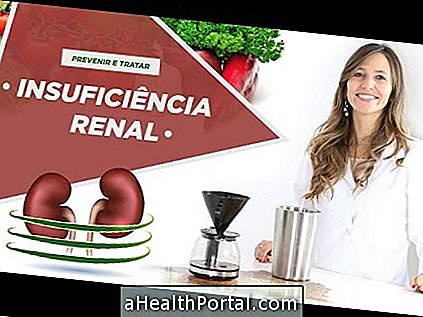
Understand the differences between these diseases:
- Acute renal failure
- Chronic Renal Insufficiency

